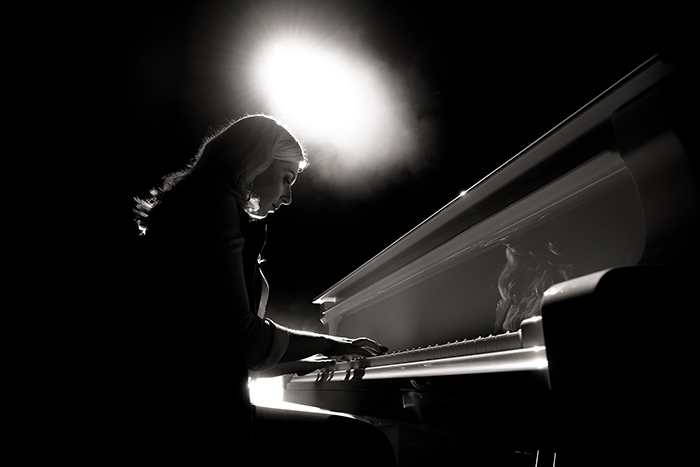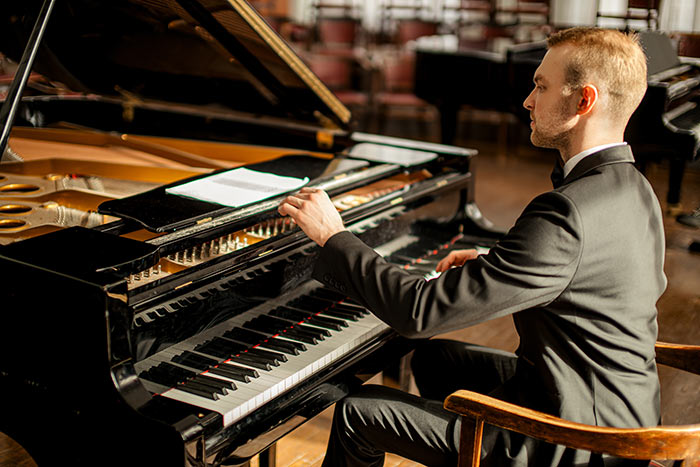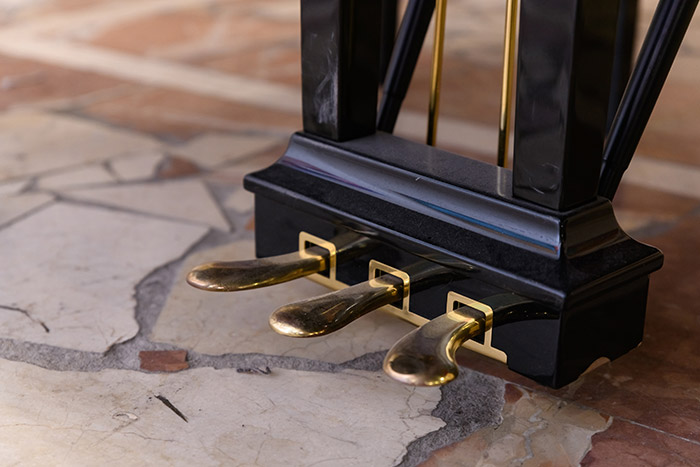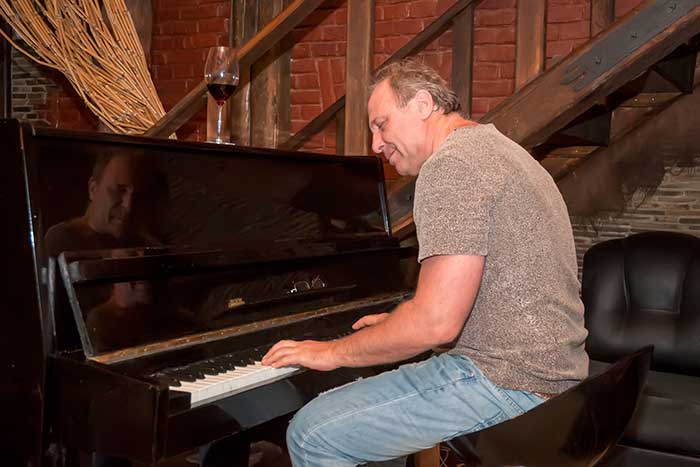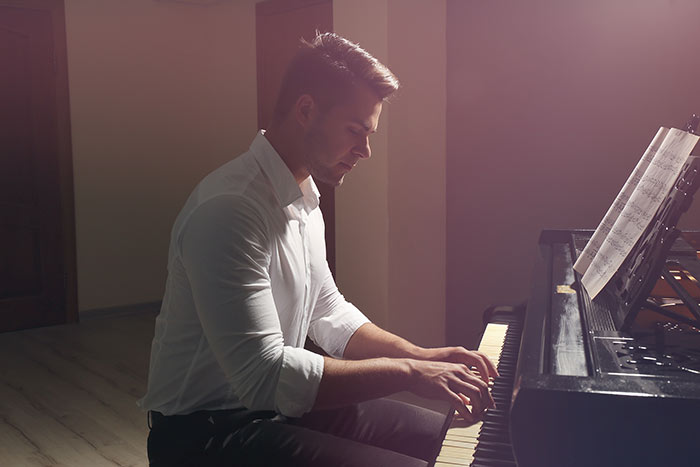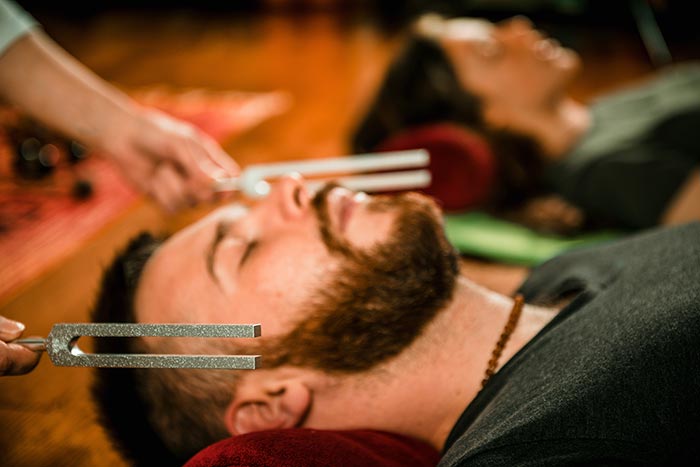Hello again and welcome to part 2 of practising techniques!
If you haven’t already checked out part 1, please do so as I shared some of the practising principles that I find super important. We covered the essence of concepts like searching, listening, identifying the problems and repetition. All of these concepts are somehow a core of practising any instrument. What I would like to further focus on is again both practical advice as well as a general concept.
5. Physical Awareness
I find that physical awareness is often overlooked as a concept. Maybe more so with teaching children as they have much more natural demeanour and less self-awareness. To truly acquire a full physical awareness of our body is a very long process that needs to start with wanting in the first place, and a patient and introspective presence of that desire while playing and practising subsequently. What I would suggest to anyone looking to improve their sessions with piano is – notice your body every day. Notice it while you practise. How does it feel in your feet, sitting bones, lower back, neck, every part of your arm, palm, finger… What exactly happens when you practise different types of technique?
This is again in a listening category because it will be essential to track the results in sound or to track them in the feeling in our body. So, essentially, the cliche to listen to your body is a concept that is ever present in *any* craft 🙂
What actually happens when we become physically aware is – we can really perfect our technique and therefor our sound, phrasing and motions required to produce all of it together. We (pianists) create music with our hands. Now let’s imagine for instance, wind or brass players, or singers. The amount of understanding required for their skill… in order to produce sound they need to know their muscles, tongue, air flow, all of the inside organs involved, just to name a few. For us pianists, it is probably easier to grasp the concepts of what physically happens while playing our instrument. I find that dangerous too- as it looks like we can “see” instead of truly memorise how what physically feels + looks.
Another complicated issue in regards to physical awareness is that we don’t actually know how our anatomy really looks like. If we take a look at the anatomy manuals and someone really explains to us what goes on – even simple things like neck to head relationship, we would all think quite differently about all of it.
May this be an invitation to always feel comfortable and aware while practising.
The absence of this type of awareness is actually dangerous on every level and could result in an injury, weird breathing patterns and hence all sorts of changes.
6. Efficiency
I find that true efficiency in practising takes years to build up unless somebody reminds us daily of how to actually do something in the most efficient way possible.
What is efficiency in practising (or in general): minimum effort for the maximum result. If we build a methodical approach to practise and we really focus on the cause/consequence ratio, it still doesn’t mean that we are efficient. Efficiency in practising means that we exploited all the options, and that we know exactly what is needed for the specific problem solving. So to say, efficiency simply comes with experience and the good news is that you can start building it up just by wanting.
I find that 5-10 minutes of practicing with a great focus and clear ideas – is immeasurably better than 1 hour of senseless repetition.
The patience required for these types of practise is of course a problem.
It is physically greatly satisfying to just play and play on and on! We are all guilty of it… repeating and enjoying, most of the time hands together and with very little critical mindset. If we could divide our practise into efficiently dry & satisfying I think it would come with great benefits.
It is so important not to beat around bush when it comes to ticking the boxes of what needs to be done!
Happy practising!





